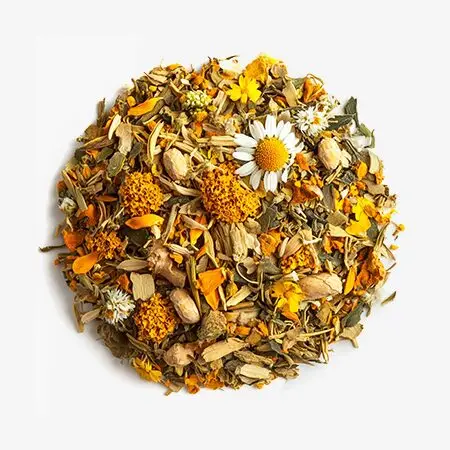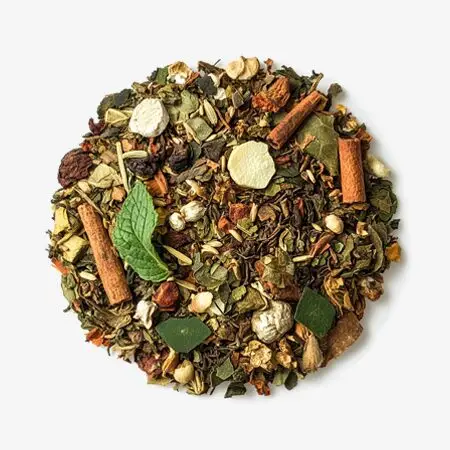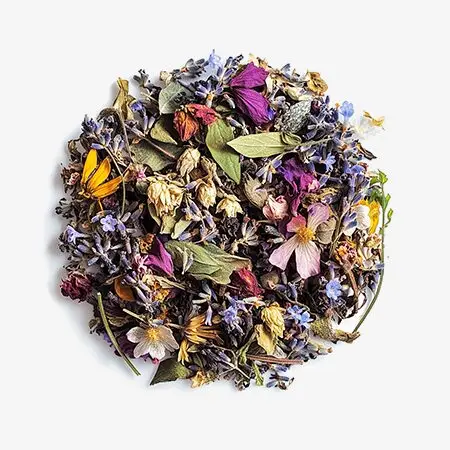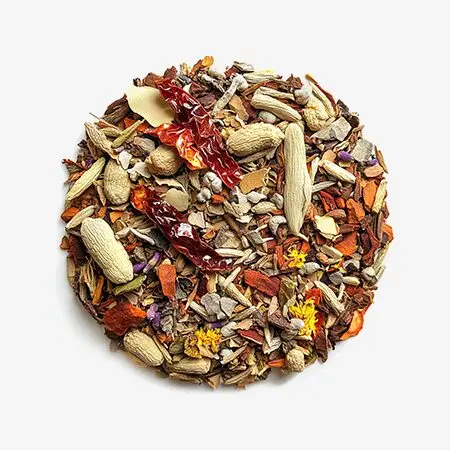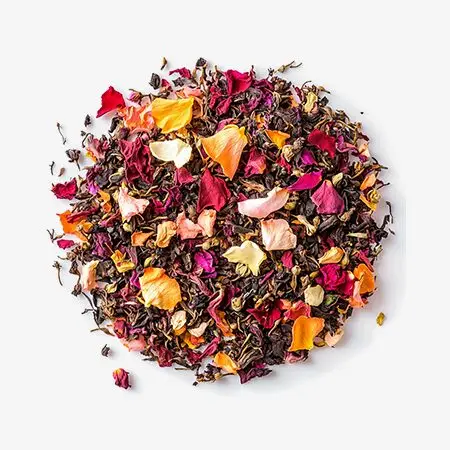
The Most UNDER-CONSUMED Nutrients — & How to FIX IT

It is easy to reach for convenience foods that might fill us up but don’t always nourish us fully. While many people focus on cutting calories or specific food groups, they often overlook essential nutrients that play vital roles in our overall health. These nutrients are key to everything from energy production and mental clarity to digestion and immunity. Let’s explore some of the most commonly under-consumed nutrients and, more importantly, how you can easily incorporate them into your diet for better health and vitality.
1. Magnesium: The Mighty Mineral
Why It’s Important:
Magnesium is involved in over 300 biochemical reactions in the body, from muscle function and energy production to calming the nervous system. Yet, many people are deficient, often due to stress and caffeine intake.
How to Get More Magnesium:
- Add more dark leafy greens (like spinach or kale) to your smoothies or salads.
- Incorporate nuts and seeds (pumpkin, chia) into your snacks or morning oatmeal.
- Try magnesium-rich legumes, like black beans, lentils, and chickpeas in soups or salads.
2. Vitamin D: Sunshine in a Bottle
Why It’s Important:
Known as the “sunshine vitamin,” Vitamin D is critical for bone health, immune function, and mood regulation. Many people lack enough of it, especially in winter or in regions with less sunlight.
How to Get More Vitamin D:
- Spend time outdoors in natural sunlight whenever possible.
- Eat fatty fish like salmon, or fortified foods like almond milk and orange juice.
- Consider taking a Vitamin D supplement, especially in the colder months.
3. Omega-3 Fatty Acids: The Anti-Inflammatory Heroes
Why They’re Important:
Omega-3s are essential for brain health, reducing inflammation, and supporting heart health, yet most modern diets have too little of them.
How to Get More Omega-3s:
- Eat more fatty fish like salmon, mackerel, or sardines.
- Add chia seeds or flaxseeds to your smoothies or yogurt bowls.
- Walnuts are another great snack option loaded with omega-3s.
4. Fiber: The Unsung Hero for Digestion
Why It’s Important:
Fiber is crucial for digestion, blood sugar control, and heart health. Yet, the average diet is often low in fiber due to high consumption of processed foods.
How to Get More Fiber:
- Load up on beans, lentils, and legumes in soups, salads, and side dishes.
- Choose whole grains like quinoa, brown rice, or oats.
- Snack on fruits like apples, pears, and berries (with the skin on for extra fiber).
5. Potassium: The Heart-Helper
Why It’s Important:
Potassium is essential for maintaining healthy blood pressure, muscle function, and balancing the effects of sodium in the body.
How to Get More Potassium:
- Bananas are great, but don’t forget about sweet potatoes, avocados, and leafy greens.
- Coconut water is another excellent source for hydration and potassium.
- Add some lentils or beans to your meals to increase potassium intake.
6. Vitamin K2: The Calcium Director
Why It’s Important:
Vitamin K2 is essential for directing calcium to the bones and teeth instead of building up in the arteries. It’s crucial for bone and heart health.
How to Get More Vitamin K2:
- Try fermented foods like natto or sauerkraut.
- Eat more grass-fed dairy products, eggs, and meats.
- Supplement with K2 if you don’t get enough from food sources.
7. Choline: The Brain’s Best Friend
Why It’s Important:
Choline is essential for brain development, liver function, and overall cellular health. It’s especially important for pregnant women.
How to Get More Choline:
- Eggs (especially the yolks) are one of the best sources of choline.
- Include liver or other organ meats occasionally in your diet.
- If you’re plant-based, opt for soy products like tofu or tempeh for a choline boost.
8. Iodine: The Thyroid Supporter
Why It’s Important:
Iodine is crucial for thyroid function, metabolism, and energy regulation, but it’s often lacking in diets due to reduced use of iodized salt and certain dietary choices.
How to Get More Iodine:
- Seaweed is an excellent source of iodine (sushi anyone?).
- Include seafood and dairy in your diet.
- If plant-based, consider iodine-fortified foods or supplements.
9. Iron: Energy and Blood Health
Why It’s Important:
Iron is essential for carrying oxygen in the blood and preventing fatigue, but many people, especially women, are deficient.
How to Get More Iron:
- Focus on heme-iron sources like red meat and poultry, which are more easily absorbed.
- Pair plant-based iron sources (like lentils and spinach) with vitamin C-rich foods to enhance absorption.
10. Zinc: The Immune Booster
Why It’s Important:
Zinc supports immune function, helps with wound healing, and is essential for DNA synthesis.
How to Get More Zinc:
- Oysters and red meat are great sources.
- For plant-based eaters, try pumpkin seeds, chickpeas, and quinoa.
- You can also find zinc in fortified cereals and whole grains.
Subscribe To Our Weekly Newsletter
Share:
Related Posts


a NOURISHING alternative to COFFEE

BIOENERGETIC Hygiene

